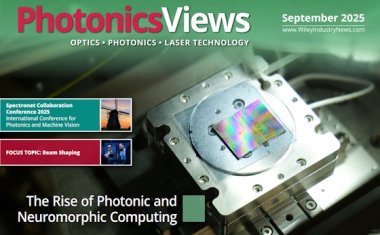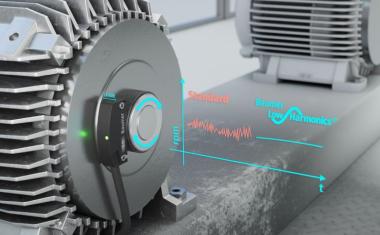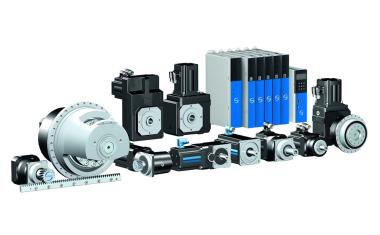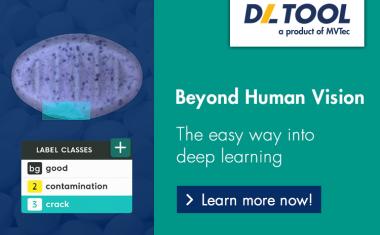Scanning and 3D-printing NASA rocket engines
Hexagon’s manufacturing intelligence division collaborates with printer manufacturers Pro-beam, Sciaky, DM3D, Gefertec and Meltio.
Applicable to a broad range of part sizes, directed energy deposition is attractive for the cost-effective production of large parts – from one to six or more meters – that may be impossible to manufacture using powder bed fusion (PBF) technologies. SmarTech Analysis estimates revenues form large-format metal additive technologies and related areas will reach 739 million US dollars in 2026.
Sharing core technologies with mature coating and welding processes, DED is rapidly gaining traction for military and aerospace maintenance, repair and operations (MRO) because it can repair or rebuild high-end equipment, such as turbine blades. It also offers innovation potential within hybrid manufacturing processes, where it can add material and features to workpieces finished with wire EDM or milling processes.
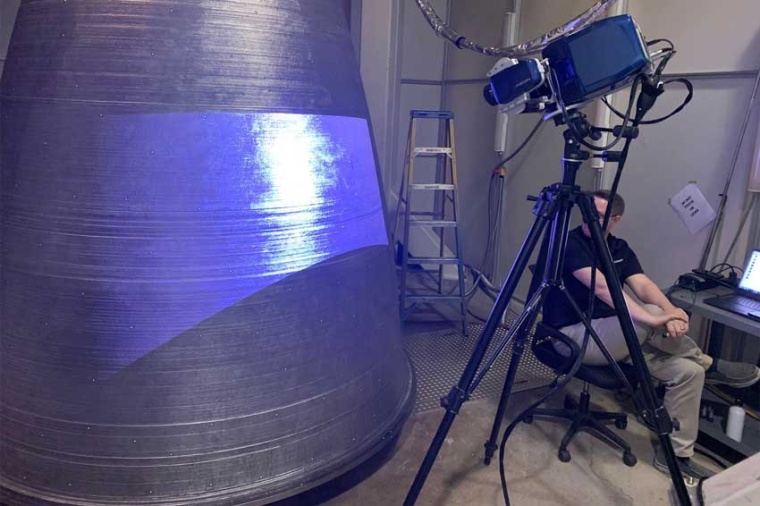
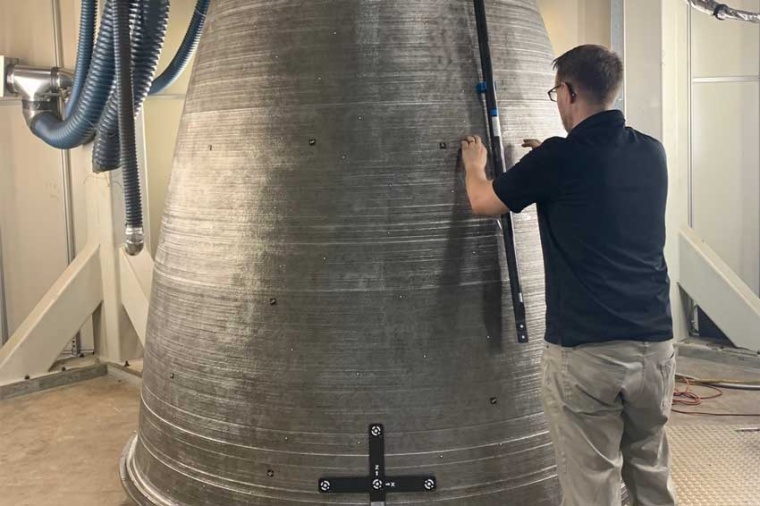
Driven by interest from the aerospace and defence industries, parts are often made from high-performance metal alloys such as titanium and high-temperature and stainless steels. Hexagon is working with printer OEMs, customers and service providers to help predict how these materials behave when subjected to the thermal-mechanical stresses of DED processes, which are compounded in large structures.
“We see significant demand for the use of our technologies in tandem to create customized, cost-effective solutions that meet the needs of specific additive manufacturing technologies in a variety of applications,” said Hexagon’s global business development director for additive manufacturing, Mathieu Pérennou. “Optimizing deposition production processes may entail taking advantage of powerful simulation tools, state-of-the-art scanning technology, robust reverse-engineering and analysis software, or a combination of all of these technologies to achieve the required quality and repeatability.”
Hexagon’s Simufact Welding was used to create a robust a DED simulation model that accounts for vacuum conditions, clamping locations, and power adjustments to predict stresses, strains, and distortions in the innovative vacuum chamber by Pro-beam. The new printer successfully produced the part from 35 layers of titanium wire. The printed part was scanned using Hexagon’s state-of-the-art AS1 Absolute scanner and REcreate reverse engineering software, then compared to the final part geometry predicted by the simulation using a geometry analysis software from Volume Graphics.
DM3D, a DED service bureau and machine builder, used Hexagon measurement technologies to prove that it could meet NASA’s tolerance requirements in producing a full-scale Nasa RS-25 nozzle liner, 111 inches (app. 2.8 meters) in height and 96 inches (app. 2.4 meters) in diameter, as part of the agency’s Rapid Analysis and Manufacturing Propulsion Technology (RAMPT) project.
Meltio, a laser metal deposition technology manufacturer, has added Hexagon’s ESPRIT CAM computer-aided manufacturing software to its technology ecosystem, offering machine shops a single interface for preparing and programming high-quality hybrid DED production and machining.
Article: Beatrix Elsner (Hexagon Manufacturing Intelligence), Frank Silze (OSCAR PLT), and Axel Marquardt (TU Dresden): IMProVing directed energy deposition – Industry collaboration overcomes distortion in new DED additive manufacturing processes with simulation, pp. 40–42; DOI: 10.1002/phvs.202100052
Company
Hexagon Manufacturing Intelligence250 Circuit Drive
North Kingstown, Rhode Island, 02852
US
most read
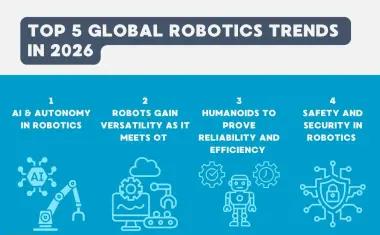
5 robotics trends for 2026
The International Federation of Robotics reports on the five most important trends for the robotics industry in 2026.
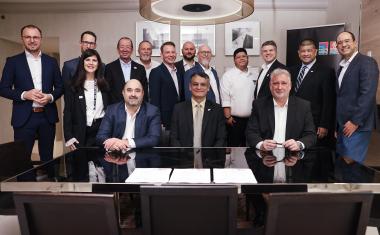
Purdue University, Rittal and Eplan work together
As part of this partnership, Purdue will open two exclusive laboratories.
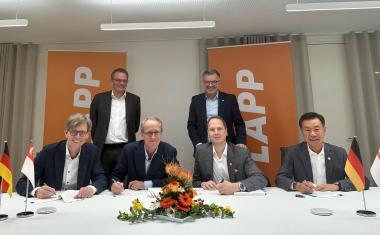
Lapp Group takes over JJ-Lapp completely
JJ-Lapp will now become a wholly-owned subsidiary of the Group, with financial details remaining confidential.

Basler AG: Change in the Management Board and new CTO position
Long-time CEO Dr. Dietmar Ley will leave the Executive Board at the end of 2025
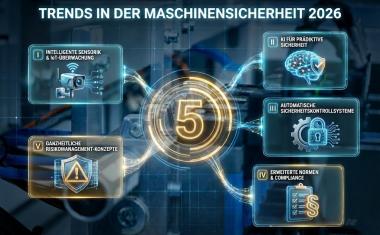
Machine Safety 2026: The Five Most Important Trends for Eutomation Engineers
Digitalization and automation continue to drive mechanical engineering forward - and with them, the requirements for functional safety and cyber security are increasing. For automation engineers, this means that machine safety is becoming a holistic concept.



